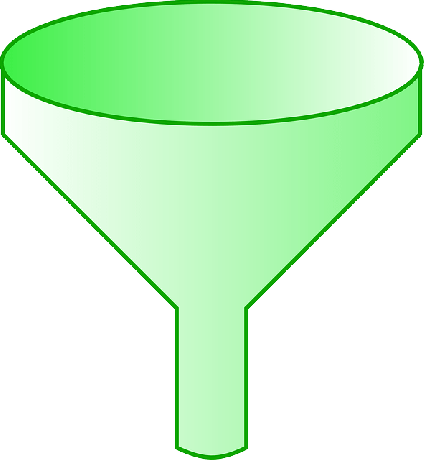Economically speaking, the market designates the set of people and companies that freely participate in the purchase and sale of goods or services. To speak or define the market rates It must be related to variables such as the type of product, area where it is sold, competition, consumer, among others.
From the point of view microeconomic we speak of the market referring to the set of offers and demands inherent to a good or service. Leaving two different perspectives established: that of sellers (offer) and that of buyers (demand).
Advertisements
Therefore, companies conceive the market as the group of potential buyers of their goods and services and those of their competition. And the buyer conceives the market from his perspective as the set of companies that offer a differentiated product for him to select which to buy.
With these market ideas clear, we will now mention the market rates best known.
Advertisements

In this article you will find:
Consumer Markets
They are those markets where transactions of goods and services acquired by the final consumer are carried out.
Advertisements
- Markets for perishable products or immediate consumption: It refers to those markets that deal with the commercialization of products that must be consumed shortly after their acquisition. Example: market for fruits, fish, vegetables, bread, food products in general, etc.
- Consumer markets for durable products: Refers to the market for buying and selling products that can be be used for various periods of time, in some cases until they lose their utility. Example: electronic items, furniture, clothing, etc.
- Service market: Refers to the payment made by an individual in exchange for an intangible asset. Example: Education, health, transportation, etc.
Markets according to geographic space
Group and define markets according to the geographic location of consumers.
- Local: It is the smallest in its classification, it covers the consumers of the municipal or provincial perimeter. Example, a local bakery, a small clothing store.
- Regional: It is a little wider than the previous premises. Example the same bakery in the previous case, but distributing bread to other bakeries in several nearby provinces or municipalities.
- National market: It is the case that occurs when potential buyers are spread throughout the country. For example, a transport company that provides service throughout the geography of a certain country, a company that produces food products whose distribution covers the country, etc.
- International market: When a company extends its activity to different countries. Through export or under the figures of franchises, transnationals. Example Bimbo, Colombina, Pepsi, Zara, Puma, etc.
- Global market: It originates with the phenomenon of globalization, companies extend their operations all over the world, similar to international ones under the image of transnationals or franchises. Example: Coca-Cola, McDonalds, Adidas, Apple, Toyota, Nestlé, etc.
Markets according to the nature of the buyer
Classification that is given, thanks to the differences between buyers.
Advertisements
- Consumer market: Aimed at the buyer who seeks to satisfy his needs by acquiring a consumer good or service.
- Industrial market: It is a very specific type of market, aimed at companies that buy goods and services in order to carry out their operations. Example: sale of raw materials such as cement, blocks, equipment in the construction industry, etc.
- Reseller market: It is a very broad type of market, made up of companies that buy goods and services with the intention of reselling them at a higher price to obtain a benefit. Example: supermarkets, clothing stores, etc.
- Institutional market: Formed by the different institutions that are part of the Public Sector. Example government organizations, public hospitals, etc.

Market according to competition
Classification that is made according to the type of competition that operates in supply and demand, that is, if there are many or few buyers and sellers.
Advertisements
- Perfect competition: There are many buyers and sellers and they all participate in the buying and selling of the same good or service. In similar conditions. Example: the financial market.
- Imperfect competition
- Monopoly
- Natural monopoly
- Oligopoly
- Monopsony
- Monopolistic competition
Other types of market
- Open market: Made up of the operations of purchase and sale of public funds, carried out by the central bank of a certain country.
- Foreign Exchange Market: Made up of foreign currency purchase and sale operations.
- Capital market: Formed by medium and long-term financial operations.
- Credit market
- Stock market
- Occasion Market: Designates those places where the commercialization of products is carried out, in advantageous conditions for buyers.
- Black Market: It designates the purchase and sale operations, carried out outside the law in a country. They usually originate due to the scarcity of a good in the face of a growing demand for it.
- Markets in origin: It refers to places adjacent to the agricultural, fishing and livestock production centers, where the first sale of the sector's production is made.


